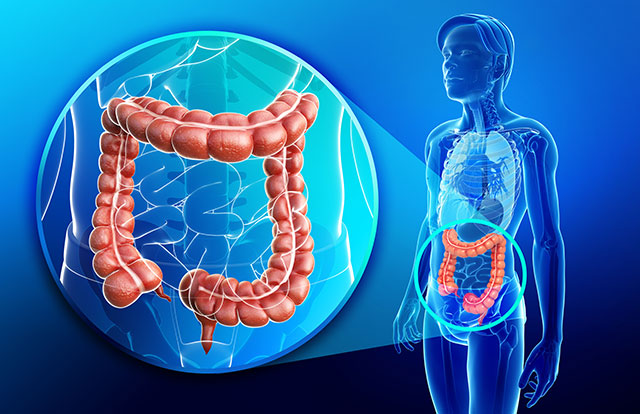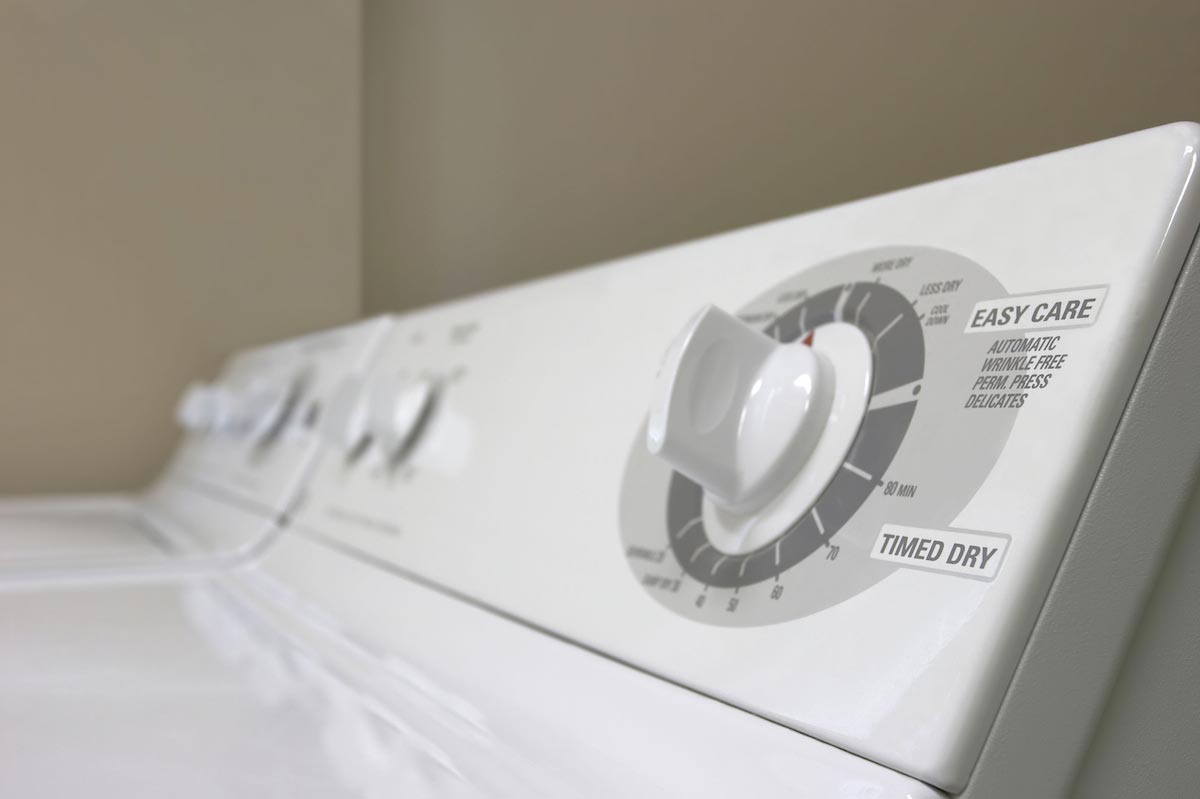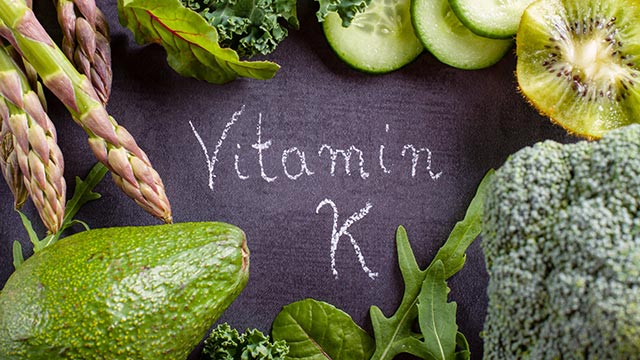Free-range eggs contain higher levels of vitamin D – study
03/28/2019 / By Dianne Wiley

Most egg-laying hens in the U.S. are confined in what’s known as a “battery cage.” This means that hens are kept in cages less than 80 square inches, where they are fed with a meal of corn waste and chemicals and forced to lay eggs. The hens have no room to spread their wings and will never see the sunshine. What’s worse, on the off-chance that a male chick is hatched, he will be disposed of.
Indeed, all of this is atrocious and is no way for any animal to live, this lack of sunshine also contributes to a deficiency of vitamin D in hens – as well as in humans. Most people know that a reasonable amount of sunshine is good for humans as allows the body to synthesize the necessary amount of vitamin D for calcium absorption and bone development. The same can be said of chickens as well, and the proof is in the eggs.
In a study in the journal Food Chemistry, researchers have found that the egg yolks from chickens allowed to roam outdoors contain 30 percent more vitamin D than those from chickens who are kept in battery cages. The team tested the contents of 270 eggs for sale in the U.K. and found that the eggs of caged hens produced 1.7 mcg (micrograms) of vitamin D, while free-range and organic eggs contain 2.0 mcg and 2.2 mcg, respectively. To note, the recommended daily intake of vitamin D is 10 mcg for adults, and between 7 mcg to 8.5 mcg for children.
The benefits of vitamin D are nearly countless. These include promoting calcium absorption, maintaining normal calcium and phosphate levels, promoting bone and cell growth and also reducing inflammation. Conversely, vitamin D deficiency can cause weak muscles, difficulty thinking, unexplained fatigue, bone pain and increased fractures, and soft bones. A lack of vitamin D can also cause rickets in children, as well as insulin resistance, impaired immune system functioning and an increased risk of osteoporosis. (Related: Maintaining adequate levels of vitamin D can be a challenge; research suggests eating fortified foods.)
100% organic essential oil sets now available for your home and personal care, including Rosemary, Oregano, Eucalyptus, Tea Tree, Clary Sage and more, all 100% organic and laboratory tested for safety. A multitude of uses, from stress reduction to topical first aid. See the complete listing here, and help support this news site.
In addition to increased levels of vitamin D, free-range eggs also contain nearly twice as much omega-3 fatty acids, three times the levels of vitamin E, seven times as much beta-carotene, a quarter less saturated fat and a third less cholesterol than cage-laid eggs. Eggs also contain lutein and zeaxanthin, which promote healthy eyesight and help prevent macular degeneration and cataracts. With only 77 calories, 5 grams of fat, 6 grams of protein and all nine essential amino acids, why wouldn’t you choose healthy free-range eggs?
In an article in the Daily Mail, Robert Brown of the nutritional think tank the McCarrison Society explained: “We shouldn’t see these results as organic eggs being abnormally advantageous; rather, we should see factory farmed eggs as being abnormally deficient.”
By purchasing eggs from organic or free-range farmers, you not only increase your vitamin D levels but also put a damper on battery cage production farms. If more people were to continuously buy from local farmers, it could one day mean an end to the horrors that these hens and chicks endure on a daily basis. One of the best ways to know for sure that you are buying free range or organic eggs is in the yolk. Look for a dark yellow to an orange yolk, and you will know that you are eating the best that these chickens have to offer.
Sources include:
Tagged Under: cage free, chickens, Cruelty-free, egg yolks, eggs, free range, pasture raised chickens, vitamin D



















